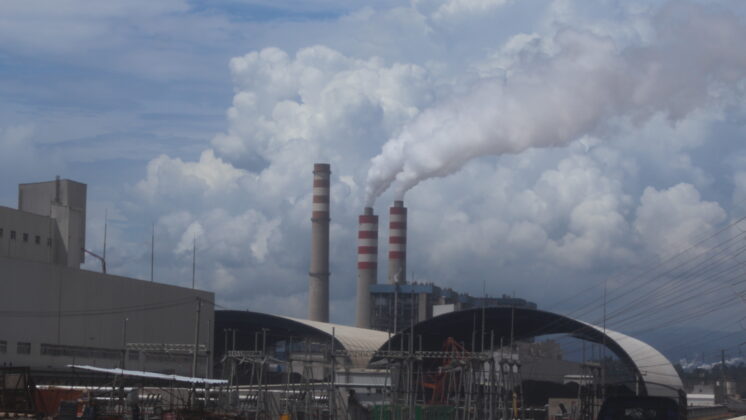This GreenDelta study, commissioned by the Belgium government, analyses the social, socio-economic, and environmental impacts of an ecolabeled notebook along its entire life cycle. The electronic sector is often criticised for bad working conditions, high resource consuption, and environmental load. Due to the increasing market pressure, the production of modules and devices was relocated to low wage countries, primarily to China and South East Asia. Many enterprises in these regions are suspected to violate human rights. Some say that these companies enforce long hours, pay low wages, and interact with their personnel in a questionable way. Signing of codes of conducts and declarations should improve the situation, but the effect is debatable. Also the recycling of electronic devices is often seen as a problem, because a large part of electronic waste is disassembled and disposed of illegally and in inadequate manner, in developing countries. Despite take back systems of electronic manufacturers most e-waste 'disappears'. All this provides motivation for an as far as possible fact-based and objective, holistic analysis of the social and environmental impacts related to a modern, complex electronic product as a notebook.
The study, commissioned by the Belgium government, analyses the social, socio-economic, and environmental impacts of an ecolabeled notebook along its entire life cycle; it thus performs a social LCA (social and socio-economic Life Cycle Assessment) combined with an environmental Life Cycle Assessment. The latter is often adressed as LCA, omitting the "environmental".
The study applies the social LCA according to the UNEP/SETAC guidelines for social life cycle assessment of products and considers the method sheets that were also developed by the UNEP/SETAC social LCA project group (including us). It is one of the first investigations worldwide of such a complex product that considers social and environmental impacts, following the UNEP/SETAC guidelines.
Object of analysis is a laptop certified with the EU flower of the Taiwanese company ASUSTeK available on the European market.
The electronic sector is often criticised for bad working conditions, high resource consuption, and environmental load. Due to the increasing market pressure, the production of modules and devices was relocated to low wage countries, primarily to China and South East Asia. Many enterprises in these regions are suspected to violate human rights. Some say that these companies enforce long hours, pay low wages, and interact with their personnel in a questionable way. Signing of codes of conducts and declarations should improve the situation, but the effect is debatable. Also the recycling of electronic devices is often seen as a problem, because a large part of electronic waste is disassembled and disposed of illegally and in inadequate manner, in developing countries. Despite take back systems of electronic manufacturers most e-waste 'disappears'.
All this provides motivation for an as far as possible fact-based and objective, holistic analysis of the social and environmental impacts related to a modern, complex electronic product as a notebook.
Main questions of the project are:
Where are the social and environmental hot spots?
How reliable and how universal are the results with regard to comparable products?
What recommendations can be given to companies?
Which conclusions can be drawn for the policy?











